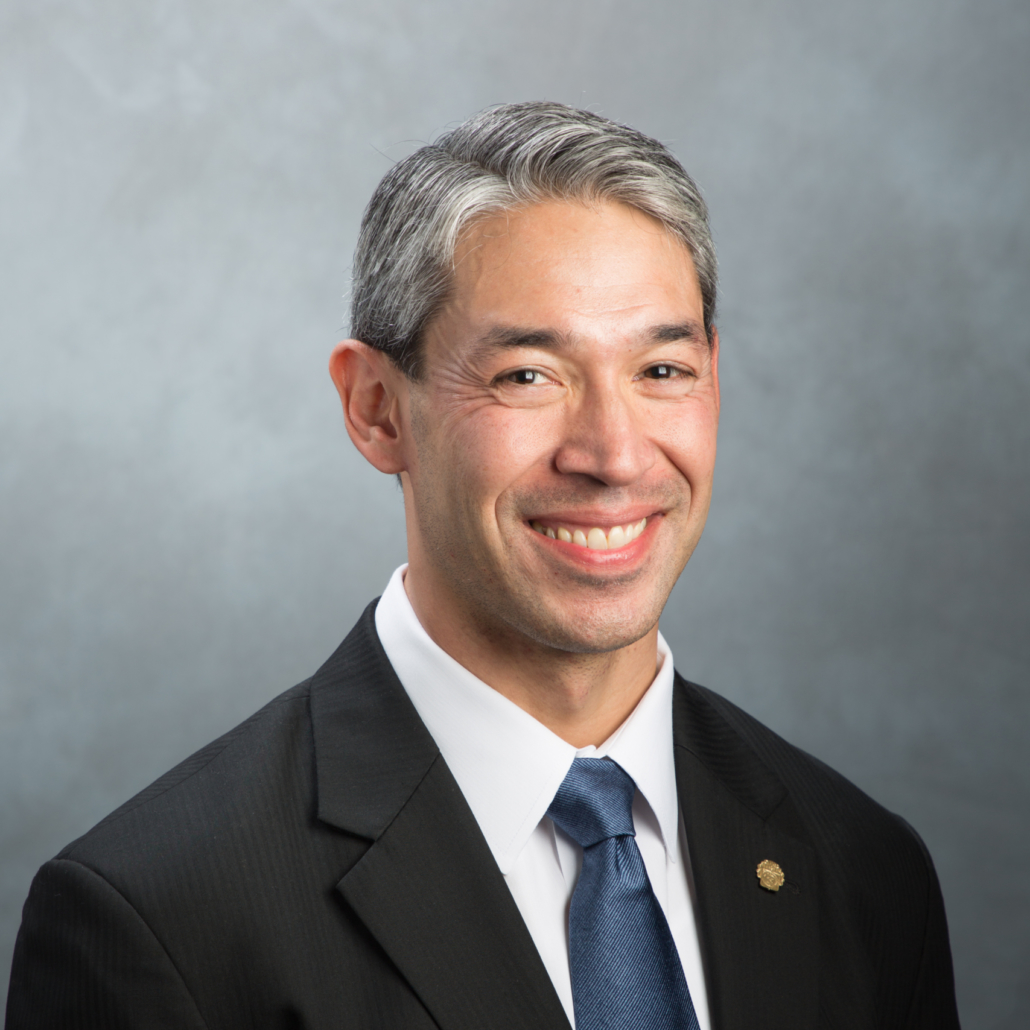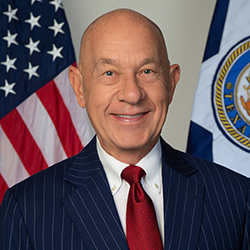After a string of legislative defeats in 2025, a test of the political power of those pushing to legalize gambling in Texas fell flat again in last week’s elections.
Republican John Huffman, the former mayor of Southlake, finished in third place behind Democrat Taylor Rehmet and Republican Leigh Wambganss, missing the runoff for the Senate District 9 special election. Huffman received 16% of the vote, according to unofficial results, despite being the race’s best-funded candidate thanks to about $3.5 million in donations and in-kind political spending on Huffman’s behalf by casino tycoon Miriam Adelson and her casino empire, Las Vegas Sands.
Huffman’s defeat in the Tarrant County district comes after sports gambling legislation that had managed to receive narrow approval from the Texas House in 2023 failed to advance out of committee earlier this year.
The Texas Lottery Commission was also abolished this year after multiple issues with the lottery came to light, and some conservative lawmakers are pointing to recent indictments surrounding an NBA gambling scheme as an example of the moral decay caused by gambling.
Meanwhile, the Texas Senate, led by vocal gambling opponent Lt. Gov. Patrick, remains a seemingly insurmountable obstacle for supporters of legalized gambling.
Despite the political headwinds in Texas, Adelson’s Las Vegas Sands has put enough money into its political action committees to keep gambling on the state.
Texas Sands PAC, a political action committee formed in 2022, had more than $8 million in cash on hand at the end of October, thanks to a $9.1 million donation by Adelson in June. The PAC has spent about $7.5 million in the state since its inception, according to Texas campaign finance reports.
Adelson has poured millions more into legislative contests through the Texas Defense PAC, which formed in May 2024 with another $9 million from the casino magnate.
In the 2024 election year alone, those two casino-aligned PACs spent about $7.2 million supporting more than 90 separate legislative campaigns, a sweeping effort to fund the campaigns of those who support its interests. The Texas Defense PAC’s war chest was replenished earlier this year with a $9.1 million contribution from the Las Vegas Sands Corporation, teeing up another offensive in support of pro-gambling candidates in 2026.
A spokesperson for Las Vegas Sands declined to comment.
Probably because all of that money has been lit on fire. It continues to amaze me how deeply the pro-casino forces seem to deny that their single biggest obstacle to getting what they want is Dan Patrick, and that if they ever want to have a chance at achieving their goals they will need to get him out of office. I doubt Miriam Adelson will ever support a Democrat, and I don’t see any credible Republicans lining up to primary Patrick, so we will enter another election cycle where they will spend millions on candidates who can’t move the ball forward for them, followed by a legislative session where, barring the election of Vikki Goodwin as Lite Guv, they will spend millions more on lobbyists who will fail to get their bills passed. I dunno, man, that all sounds like a dumb way to do business to me.
(I have no idea if Taylor Rehmet would support some form of expanded gambling – I have no opinion on whether he should or not – but I’m quite certain that Leigh Wambsganss, the preferred candidate of Dan Patrick, will not support it. I’m just putting that out there, in case they want to do something with it.)


















